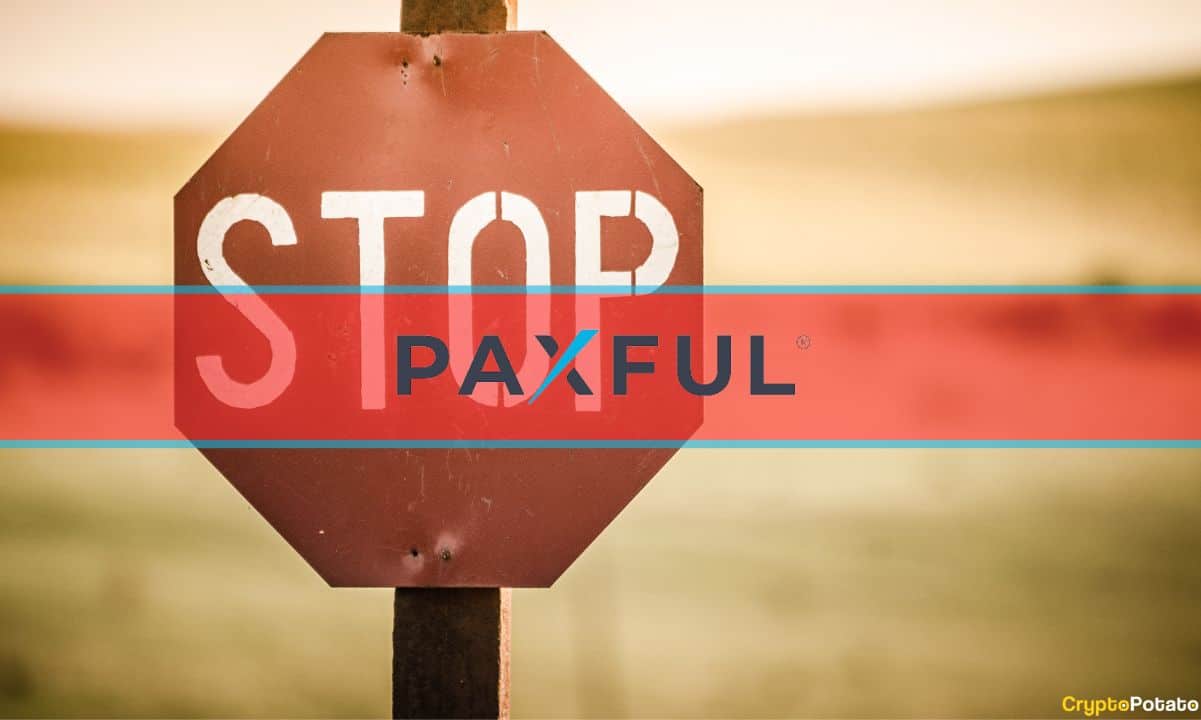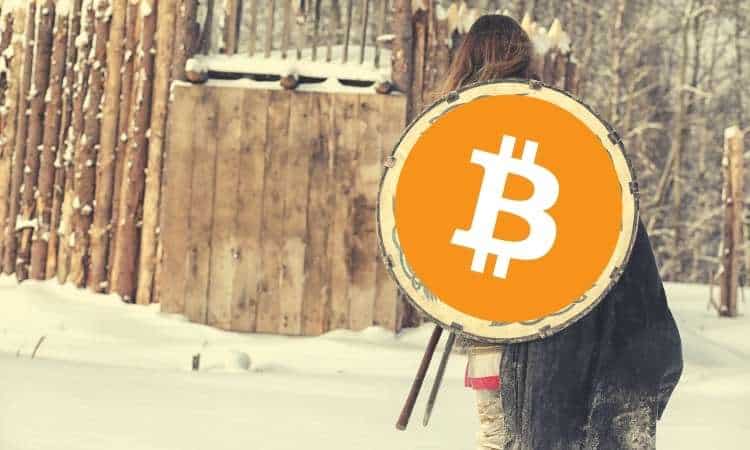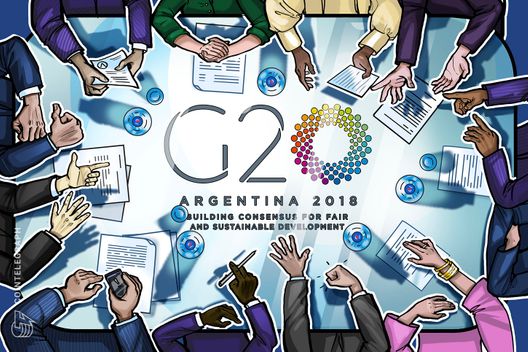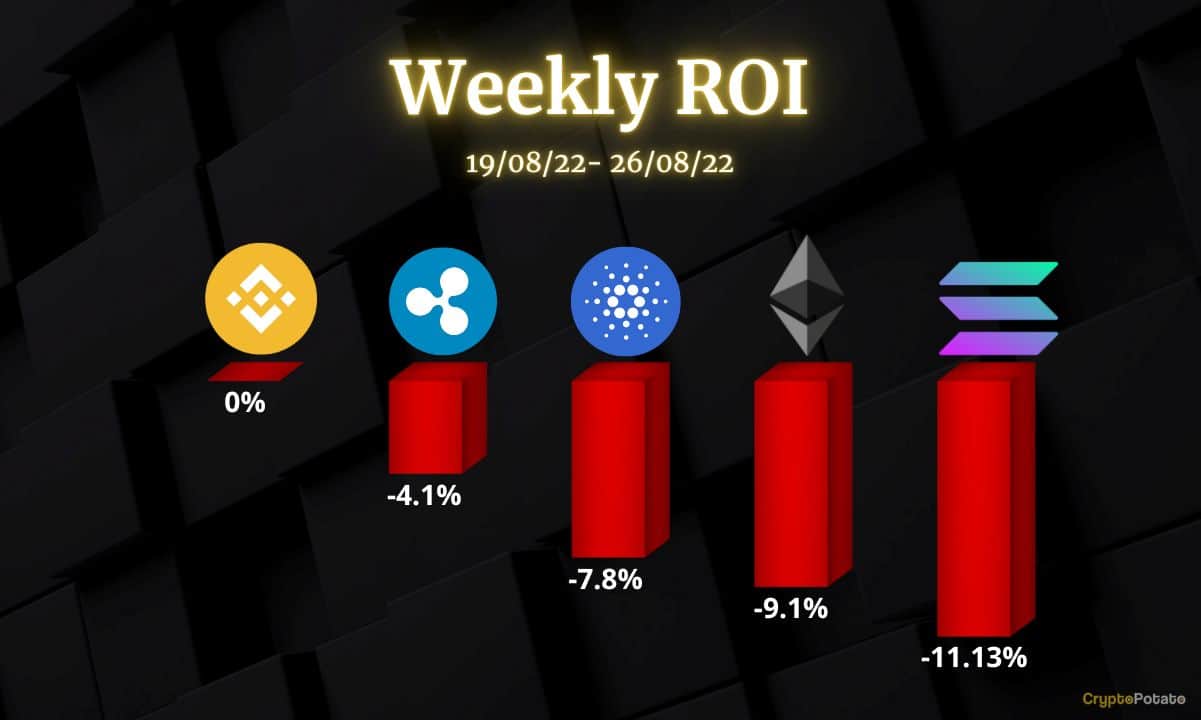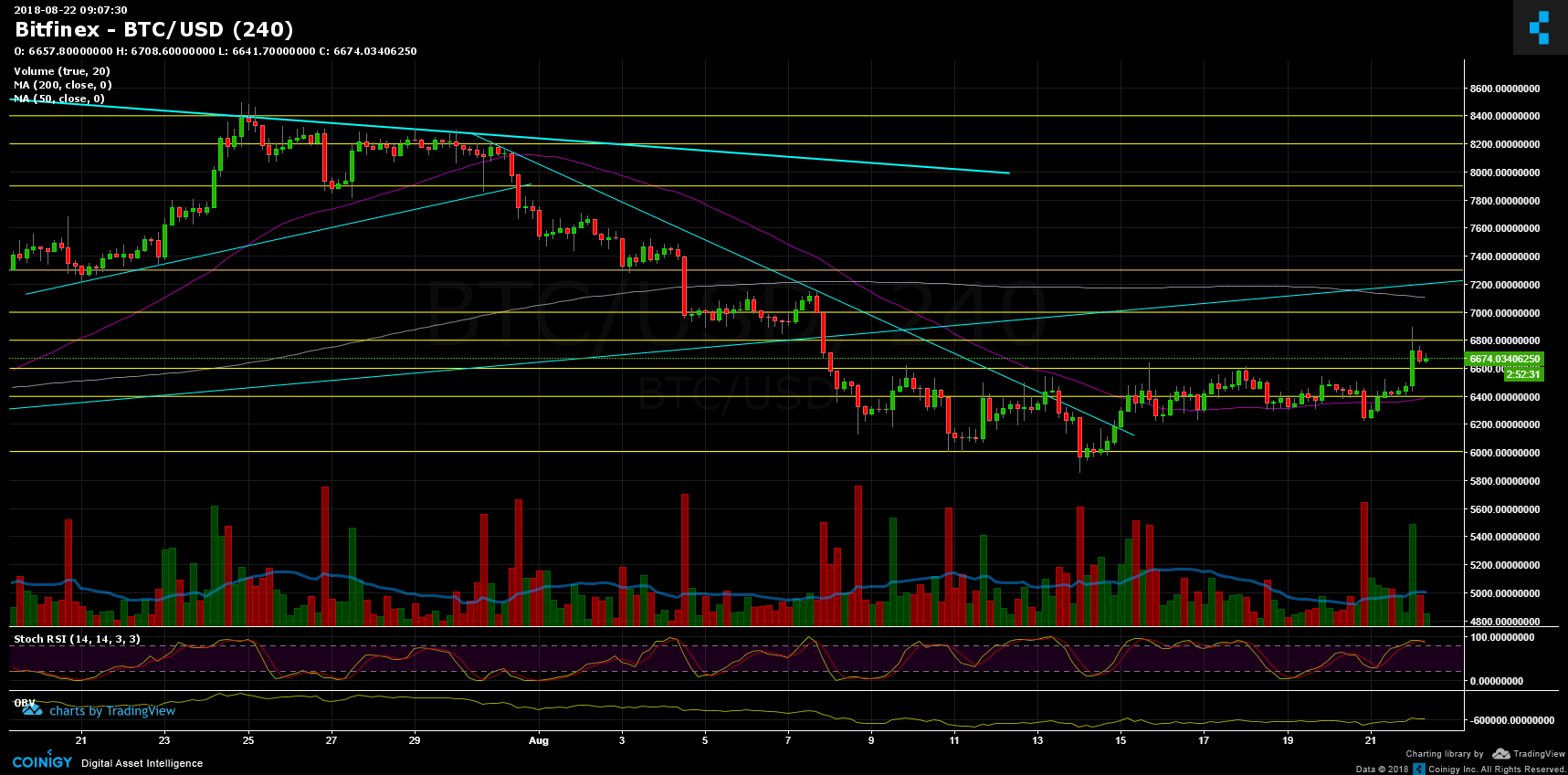Grayscale Says No To Proof of Reserves
The cryptocurrency industry was built on top of one slogan: “don’t trust, verify.” But Grayscale is different from the rest of the cryptocurrency-related businesses.
In a recent Twitter thread pondering the need for transparency in the industry after the collapse of FTX, Grayscale attempted to calm its investors’ fears, assuring them that the regulations that apply to its various entities make an FTX-like scenario nearly impossible.
Grayscale Says: Funds Are Safe, Trust Us
Grayscale assures that each of its products is duly registered as a separate entity with its own regulations. They explain that the laws and regulations governing each of its crypto trusts prevent underlying assets from being sold, loaned, or otherwise transferred.
In a subsequent tweet, Grayscale assures that its cryptocurrencies are held by the custody service provided by Coinbase, the only regulated and publicly traded cryptocurrency exchange in the United States.
But now comes the awkward question. What about proof of reserves? Grayscale declined to do such a thing, citing security reasons. They explain that Coinbase, as custodian, does perform periodic validations, but as such, they would not disclose addresses or any information considered confidential so as not to affect the nature of their products:
6) Coinbase frequently performs on-chain validation. Due to security concerns, we do not make such on-chain wallet information and confirmation information publicly available through a cryptographic Proof-of-Reserve, or other advanced cryptographic accounting procedure.
— Grayscale (@Grayscale) November 18, 2022
Does Proof of Reserves Really Matter?
The Proof of Reserves is simply a way for users to prove that an independent auditor studied and proved the reserves of a specific exchange or business. It uses Merkle Trees to capture data and get a set of fingerprints that let users verify that their funds were properly audited by a third party.
The proposition for proof of reserves has started to get a lot of buzz in the cryptocurrency community in the wake of the FTX meltdown, the latest victim of a cryptocurrency winter that has taken down industry heavyweights such as Terra, 3AC, and Celsius.
The idea is to provide a way for users to verify a business’s assets via cryptographic techniques that ensure data transparency. Binance recently agreed to work alongside Vitalik Buterin to implement a new proof-of-reserves protocol that is supposed to be more efficient and secure than the current methods.
However, Grayscale is adamant that some things should be kept secret.
7) We know the preceding point in particular will be a disappointment to some, but panic sparked by others is not a good enough reason to circumvent complex security arrangements that have kept our investors’ assets safe for years.
— Grayscale (@Grayscale) November 18, 2022
Grayscale currently holds the largest cryptocurrency trust in the industry, to the point where it was considered the best way to get exposure to the cryptocurrency market among institutional clients. However, following the crypto winter, each share of the trust has traded about 40% below the price of BTC as an underlying asset.
Grayscale has also tried to convert its trust into a Bitcoin ETF, but the SEC has not given the thumbs up for the project to continue.
The post Grayscale Says No To Proof of Reserves appeared first on CryptoPotato.

